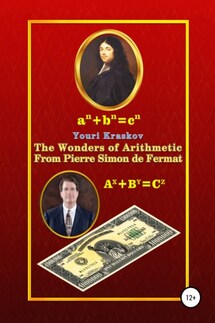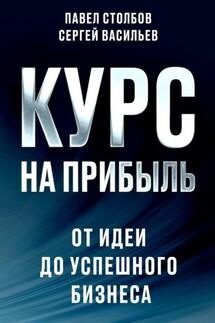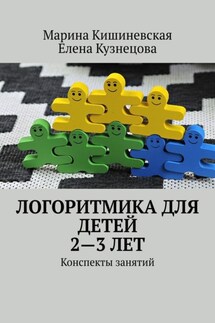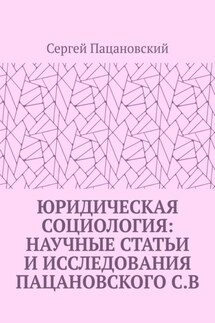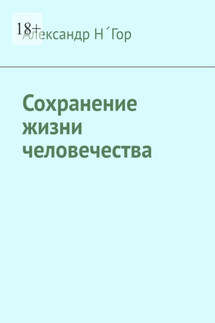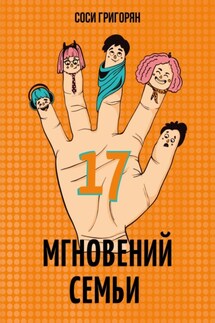The Wonders of Arithmetic from Pierre Simon de Fermat - страница 16
If the support of Pierre Fermat’s career had ended on that, then there could be no question of a future senator since in those times even simple lawyer activity demanded the highest royal deigning. From this it becomes clear why the decisive step in Pierre’s parental care was his marriage in 1631 to Louise de Long, who was a distant relative (the fourth cousin) of his mother. It is clear that such a decision could not be spontaneous especially since such kindred marriages could be concluded only with the permission of the Pope of Rome. And once again the Dominic Fermat's money solved this not simple problem.
Louise's father was an adviser to the Toulouse Parliament and being in the service of King Louis XIII, received a noble title, so Pierre had no problems with employment. But it would be a delusion to expect that also further everything will go on easily and smoothly. After the end of the study, marriage and the beginning of work, the reality seemed to Pierre as at all not so rosy. The gray days of the hustle and bustle of earning money for daily bread went day after day and did not leave any hopes to be engaged in science. And then it was still a very great good to have within the framework of lawyer activity the ability to support though not a luxurious, but still a well-off life in those difficult times for France.
A new danger for Pierre appeared unexpectedly. The next plague epidemic claimed the life of his father-in-law and this could have a very bad effect on his fate. However, by that time he had already managed to establish friendly relations with other senators what opened for him the way to parliament and as a result it made possible to turn the misfortune in his favor. With the help of a fair amount of money, he still managed to take the vacant position of an official in charge of receiving complaints in the cassation chamber of the Toulouse parliament.
The biographers of Pierre Fermat rate his career as simply brilliant, but at that they lose sight of one very significant detail. Exactly such a career tightly closes him all even the slightest opportunities to be engaged in science. They did not take into account the fact that there is a royal directive forbidding the posts of councilors of parliament for the people engaged in scientific research that may contradict the Holy Scriptures. But since Pierre became a senator, this will put a big fat cross on his dreams of being engaged in science on a professional basis. He will carry this cross for the rest of his life.
Moreover, as a Catholic he should not commit any mortal sin and is obliged to confess regularly once a year about the pardonable sins committed by him. As such a pardonable sin Pierre reports at confession about his moderate idleness after reading the books by Diophantus of Alexandria “Arithmetic” and “Tasks undertraining and pleasant, related to numbers”.
Pic. 6. Diophantus of Alexandria
The risk of falling into disfavor by such a sin fall was small because the book was published by Claude Gaspard Bachet de Méziriac a flawless in every respect a high-ranking linguist and future member of the French Academy established by Cardinal Richelieu in 1635. Here of course, there will be a question about the secret of confession. But if even in our time with respect to the Catholic Church this question looks very naïve, then what is to say about the times when the supreme executors of the royal power were cardinals. All priests were obliged to inform the authorities about what their parishioners live and especially officials in government posts. Information from the priests was also controlled, for which authorized inspectors were sent to the places.
